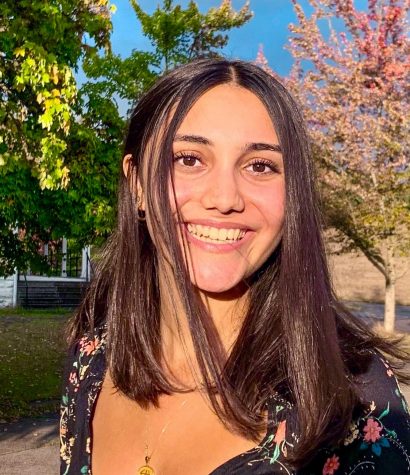Creating a Culture of Consent
Throughout our time in high school and as we prepare for college, it is crucial we learn how to stand up for ourselves. As students, every day we navigate power dynamics with our teachers, administrators, coaches and parents. In order to self advocate for ourselves and ensure our safety, we need better consent education at University Prep.
We need a comprehensive and medically accurate curriculum that includes lessons on consent and healthy boundaries. The middle school curriculum must build the foundation for students to establish safe boundaries and learn good decision-making skills. This should not only be incorporated within health classes but also during assemblies, advisory DEI-SEL activities and with posters around the school. In high school, it is crucial that we have intersectional consent lessons that are sex-positive and reflect LGBTQ+ identities.
In March 2020, Washington State passed Referendum 90, a comprehensive sexual health education bill to be implemented in public schools. The bill states, “students need a safe place to ask questions, to fully understand consent, and to have the information they need to make safe decisions.”
Even though Referendum 90 does not apply to UPrep because it is an independent school, UPrep can and must incorporate lessons and themes from the legislation into our education. A crucial part of consent education is understanding healthy boundaries. These boundaries need to be taught to not just adults but students too. We need to know what healthy teacher-student, coach-athlete and romantic relationship boundaries look like.
Four years ago UPrep sent students to the Georgetown Day School Summit on Sexual Assault and Consent for the first time. The students returning from the summit formed the Sexual Assault and Consent Prevention Team to bring back information from their experience.
Consent education teaches us that our voice has power, that respect is important and that our “no” matters. Consent is important in every aspect of life, not just with sex or relationships.
Consent education starts with dialogue. Peer-to-peer workshops and advocacy have a real impact. We need more engagement and leadership from students and administrators in our community to expand this work.
Your donation will support the student journalists of UPrep.


